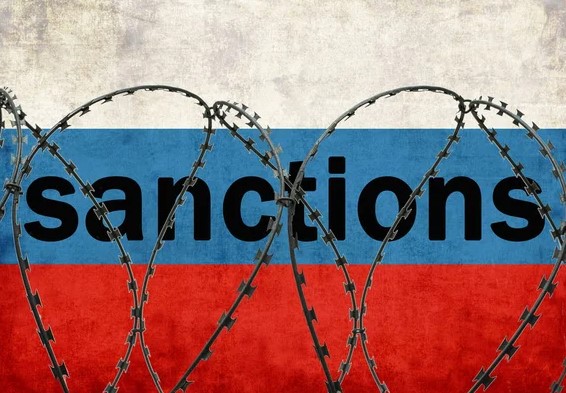The United States imposed sanctions against Moscow Exchange and NCC
The United States has expanded its sanctions lists against Russia, including dozens of individuals and hundreds of legal entities, according to the website of the American Ministry of Finance.
Restrictions were introduced against the Moscow Exchange and the National Clearing Center (NCC, part of the Moscow Exchange and National Settlement Depository (NSD) group), which acts as an intermediary in currency transactions on the exchange. According to the US Treasury, the Russian authorities’ measures to raise capital in relation to the Moscow Exchange expand the opportunities for citizens of Russia and other countries “to profit from the Kremlin’s war machine by investing in Russian sovereign debt, Russian corporations and leading Russian defense enterprises.”
The National Clearing Center acts as a counterparty in all foreign exchange transactions on the Moscow Exchange. American sanctions against it make exchange trading in dollars impossible and call into question exchange trading in euros. Back in the fall of 2022, against the background of the risk of introducing such sanctions, the Central Bank prepared a draft instruction describing additional procedures for establishing official exchange rates of foreign currencies in relation to the ruble. Until now, they have been established on the basis of exchange trading, but in the event of their absence, the Central Bank intends to use data on transactions on the interbank foreign exchange market and data from over-the-counter trading on digital platforms.
The Moscow Exchange reported that from June 13 the platform will not conduct trading in dollars and euros. They assured that the group has the necessary tools to ensure uninterrupted trading in conditions of increased volatility.
The Ministry of Finance warned about the risks of secondary sanctions against foreign banks for transactions with Russian financial institutions, including Sberbank and VTB.
The sanctions list included Goznak, Uralvagonzavod, the SOGAZ insurance company, the Arctic LNG 1 and Arctic LNG 3 projects, Murmansk LNG, Gazprom Invest, Rusgazdobycha, and the Sinara - Transport Machines holding.
It also included the “First Movement” movement of children and youth, created in 2022. The measures affected the Kazan experimental design bureau "Soyuz", the radio engineering concern "Vega", NPO "Poisk", the Omsk production association "Radio Plant named after. A.S. Popov”, the association “Silk Road Rally” and other enterprises, research institutes and factories. In addition to expanding blacklists, the United States has banned the provision of a number of IT- related services to Russia.
Foreign legal entities, including those from China and Belarus, were also subject to restrictions. According to US Secretary of State Antony Blinken, the blacklisted organizations assist the energy, metals and mining sectors in Russia and facilitate sanctions evasion, including through the supply of “a wide range of dual-use goods.”
Among the individuals on the list were citizens of Russia, Belarus, Moldova, Ukraine, China, and South Africa. The HEAD of Gagauzia, Evgenia Gutsul, is also there.
Foreign Ministry spokeswoman Maria Zakharova told TASS that, “as always in such cases, Russia will not leave such aggressive actions unanswered.” Moscow criticizes Western sanctions and calls them illegal. The Kremlin stated that sanctions pressure would not affect the course of military operations in Ukraine .

